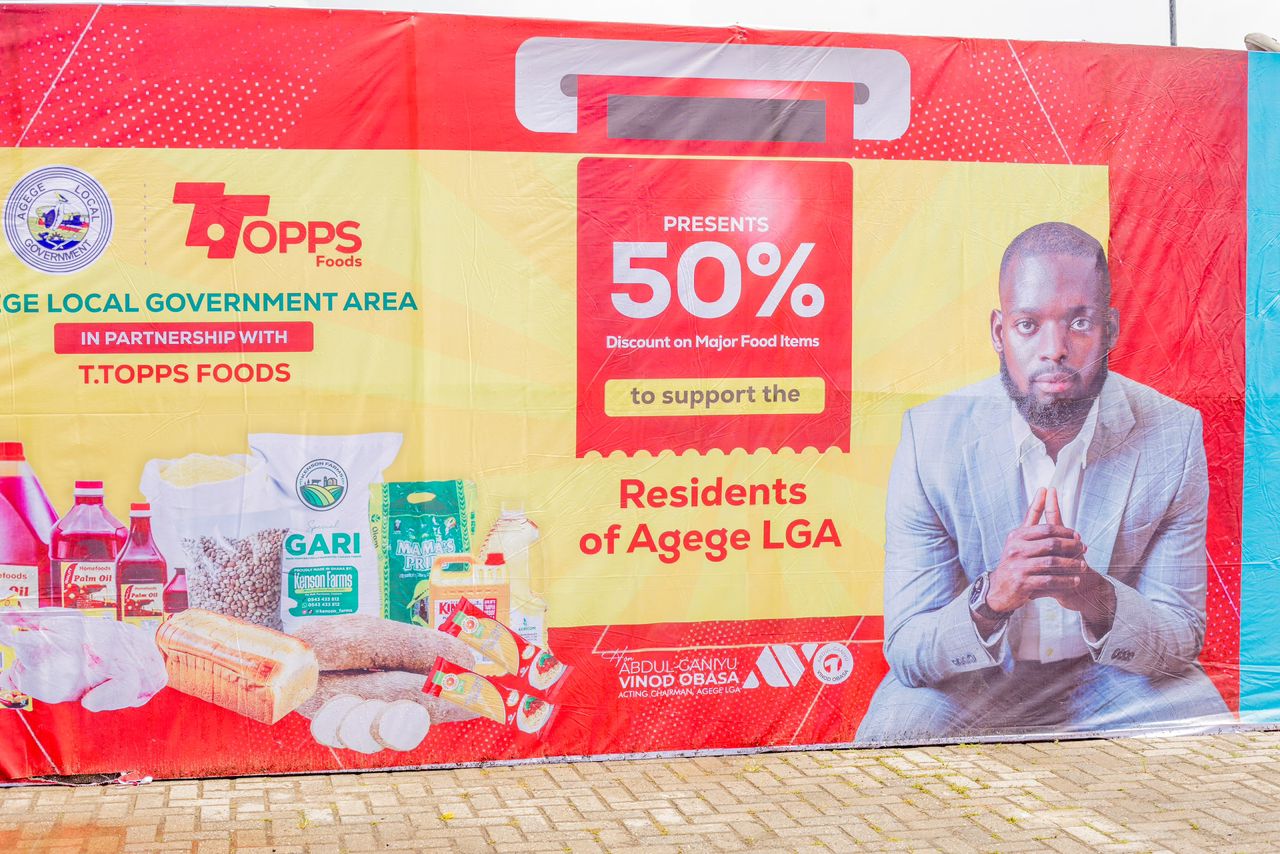Israel’s Engagement With Africa By Adamu Mohammed

Israelis Prime Minister, Netanyahu
In July 2021 Israel was granted observer status at the African Union ((AU), a major move that followed two past failed attempts in the 2010s.This diplomatic victory for the Jewish State remained the object of fierce dispute among member states. Within two years it was suspended after member states protested, citing solidarity with Palestine, Israeli diplomats were expelled from AU summits in 2023 and 2025, underscoring the depth of opposition.
In late 2023, South African parliament voted to close the Israeli embassy in Pretoria unless a Gaza ceasefire was reached. Protests outside the embassy continue, framing Israeli aid and technology as part of the same extractive system.
But taken together with the decision of Morocco and Sudan to normalize their relations with Israel, it reflects the increased importance of Africa in Israel’s foreign policy. In October 2025, Israel opened a new embassy in Lusaka, Zambia, after a 50 year absence. The country’s Foreign Minister called it the ‘’alliance of believers,’’ adding that ‘’strengthening our engagement with Africa is a strategic priority.’’
The world is getting united in criticizing Israel’s occupation and war on Gaza, especially now the United Nations (UN) has declared it a ‘’genocide of the Palestine people.’’ In response to this development, Israel is now increasing its diplomatic efforts in Africa which has seen six new Israel Allies Caucuses launched in African parliaments in Ethiopia, Cote d’Ivoire, Lesotho, Seychelles, Gabon, and Guinea-Conakry in July 2025. Back in April 2024, Malawi opened an embassy in Israel and the Africa-Israel Parliamentary Summit was held in Addis Ababa in September of the same year.
The caucuses affirm Israel’s right to exist with Jerusalem as its capital and signal the pursuit of expanded cooperation in agriculture, technology, climate resilience and counter terrorism. But Analysts ask, how useful is the Israeli partnership to African countries, is Israeli aid nothing more than a debt trap for the struggling countries it claims to assist?
In 1991, Israel’s Operation Solomon airlifted more than 14000 Ethiopian Jews to Israel in 36 hours, projecting rescue and solidarity. Yet, two decades later, reports revealed Ethiopian women in Israel had been given long-acting contraceptives without informed consent. What was celebrated as salvation also carried elements of control, mirroring how ‘’humanitarian’’ aid masks asymmetrical power.
Israel’s ties with African countries have been driven by what it called ‘’development cooperation.’’ It promotes agricultural centers, irrigation projects and training schemes as gifts of expertise from a small state to struggling continent. At bottom this is more about power than solidarity. The financing of these projects is structured to secure guaranteed profits and political leverage: Israeli banks and contractors are paid up-front; its export-credit agencies remove their risk and African citizens repay the loans or maintain costly imports from Israel.
This is Israel’s model of buyer’s credits, and African governments guarantee repayments in dollars, never in local currencies, for over five to ten years. If their local currency depreciates, the debt burden balloons, and the governments are forced to repay from their foreign reserves. Citizens pay double through taxes and lost public services.
Analysts describe this as a classic case of asymmetrical interdependence. Israel showcases its soft power through its technical know-how, but in practice exercises structured power, shaping the rules of finance to ensure the benefits flow one way. Former Israeli prime minister, Golda Meir, admitted after her 1958 African tour: ‘’Did we go into Africa because we wanted votes at the United Nations? Yes, of course…’’
But in recent years, Israel is entrenching itself in Africa with the same formula: contracts that enrich Israeli firms while locking African citizens in debt service. Ethiopia’s $200 million sugar projects; Zambia’s $47 million agro-centers; Angola’s $370 million Quiminha agricultural complex; Morocco’s $ I billion Ofek 13 spy satellites and $540 million Barack MX defense system, $48 million Heron 1 unmanned aerial vehicles; over $200 million supply of artillery with surveillance technology, unmanned aerial vehicles to Cameroun, Chad, the Democratic Republic of the Congo, Rewanda and South Africa; Nigeria’s surveillance contracts and Watergen machines from South Africa to Sierra Leone all point to the same conclusion : development promised, dependency delivered.
Today Ethiopia spends less than $10 per citizen annually on health as external interest absorb about 0.5 to 0.6% of its GDP even when the irrigation for its sugarcane industry have collapsed. By the end of 2022, Zambia’s external arrears reached 15%, forcing default and restructuring that saw teachers unpaid and hospitals without drugs.
Debt service took precedence over social spending in Angola when oil prices collapsed leaving its citizens in worsening poverty. Israeli loans backed agricultural and mineral projects in Uganda in the 60s and 70s, today Uganda still spends about 3.5% of its GDP on interest payments, a legacy of reliance on Israeli non-concessional loans.
Nigeria’s embrace of Israeli surveillance tools illustrates how ‘’partnership’’ often come with hidden costs and political strings. In 2023 the government contracted Elbit Systems for a $40 million internet monitoring platforms and the Nigerian law enforcement agencies have since adopted Cellebrite’s phone-extraction tools. Far from constituting aid, these deals have locked Nigerian institutions into costly procurement cycles in foreign currency, with little transparency or accountability.
Just as ‘’agricultural assistance’’ has left African states paying off irrigation debts, Nigeria’s search for security has tethered it to Israeli surveillance firms –transferring scarce funds into foreign coffers while exposing citizens to over reach and abuse. Israeli technology exports reproduce the same extractive logic as its aid projects, short-term fixes traded for long term liabilities.
By eagerly purchasing Israeli arms and spyware, African regimes with poor human rights records, from Cameroun to Chad, are investing not in security but in tools for internal repression, directly undermining the African Union’s Agenda 2063 and UN sustainable development goals.
Adamu Mohammed writes from Kaduna













